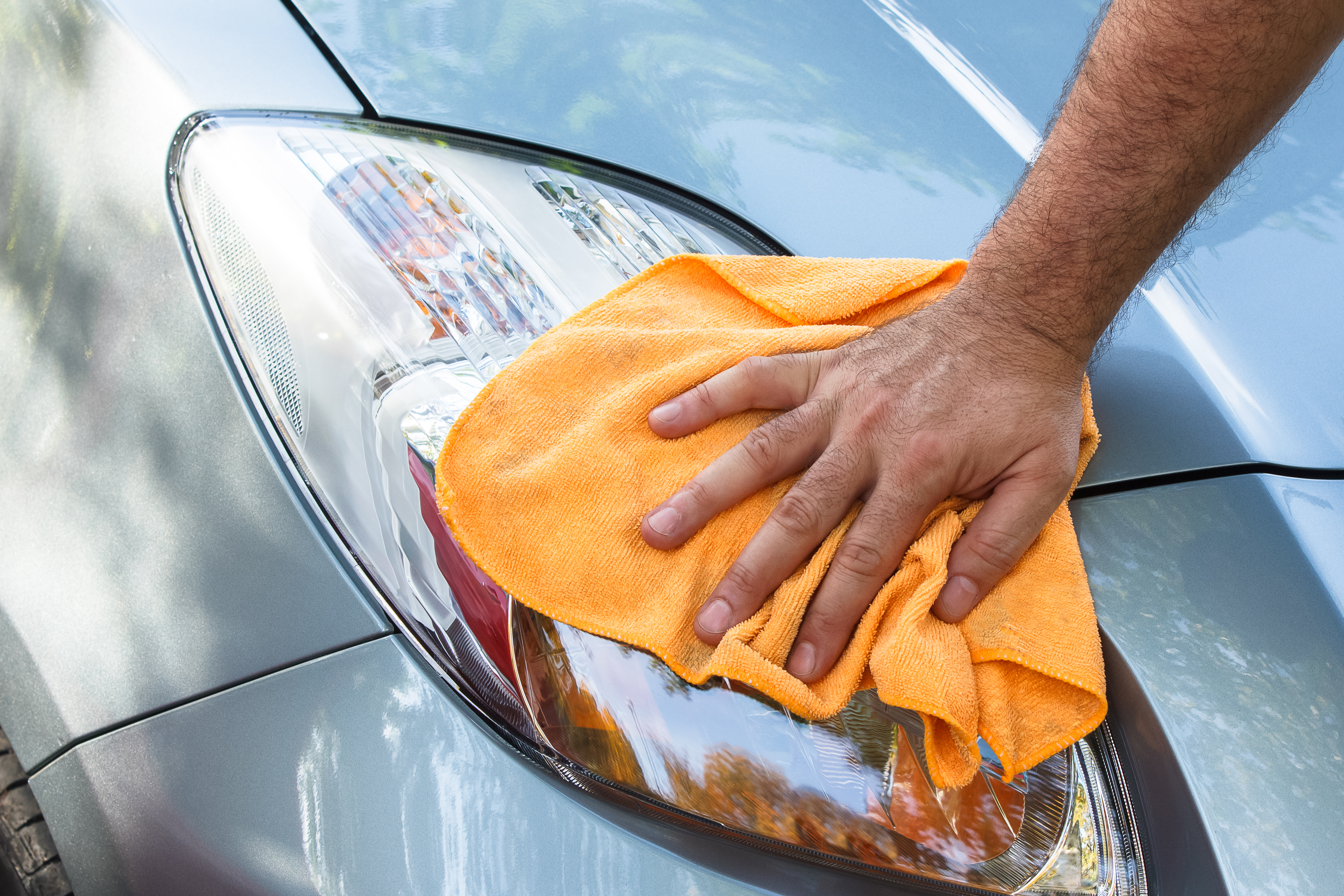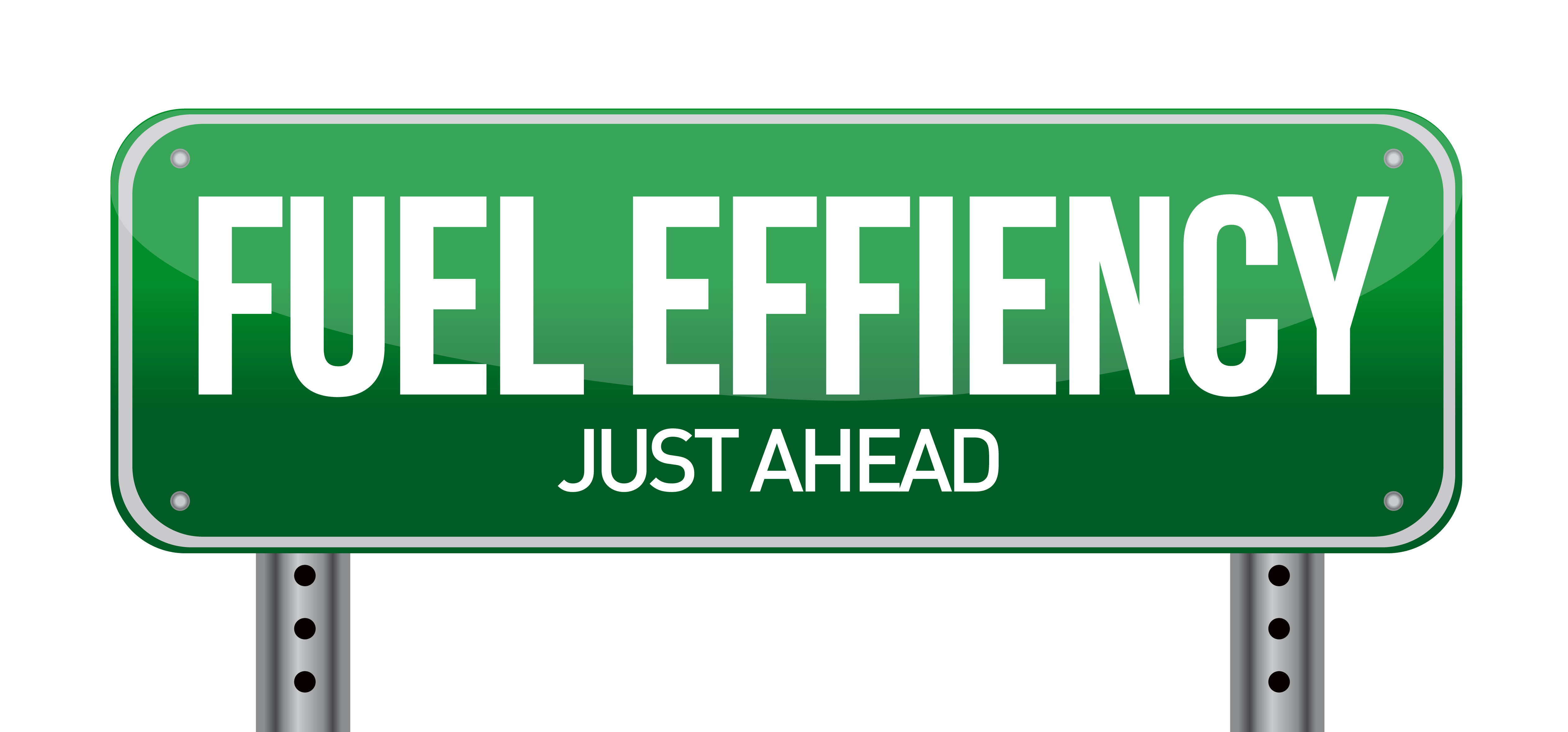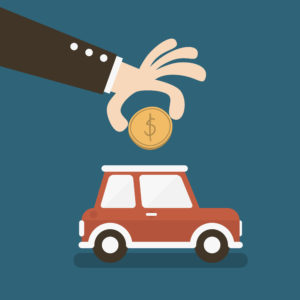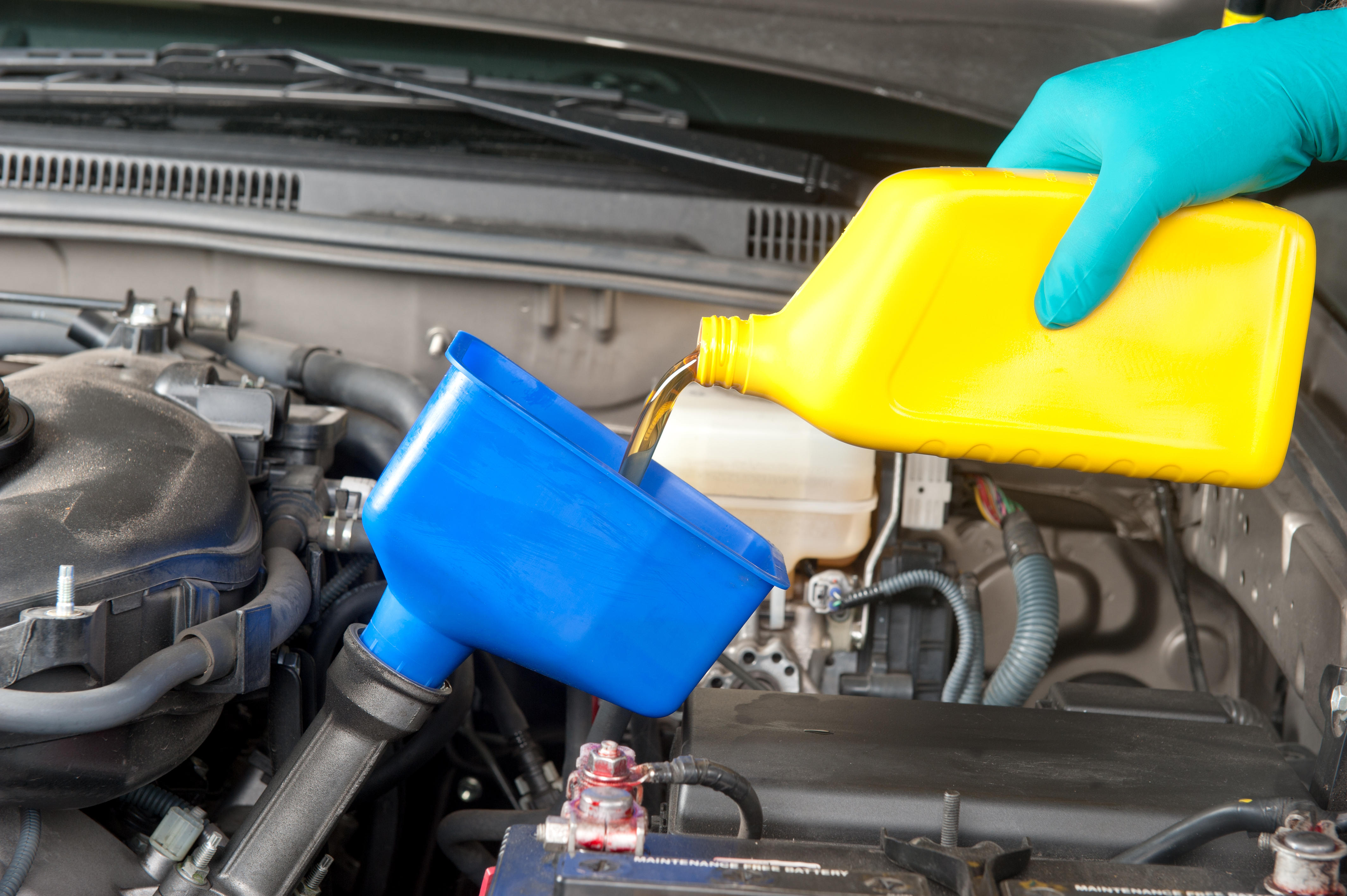How Much Do I Get From an Insurance Claim If I Totaled My Car?
Actual Cash Value
The amount your insurance company pays when declaring your vehicle a total loss is the actual cash value, or ACV, of your car. Actual cash value is based on market value with a few adjustments. Market value, which serves as the starting point in determining how much to pay, is the average cost of vehicles similar to yours (before the accident) on the open market. Insurance companies compile data about sale prices and dealership listings to determine market value. Other factors specific to your car, such as its overall condition, can raise or lower its actual cash value compared to the market value.
Factors
Auto insurance companies use several different factors to determine how much your vehicle’s actual cash value deviates from its market value and what they will pay for a total loss. One important factor is mileage — cars that have higher recorded mileage readings are typically worth less than those with lower mileage. Another factor is condition, including previous accident damage, broken glass, rust, scratches and excessive wear and tear on the vehicle interior. Factory upgrades and special features are likely to increase both market value and actual cash value.
Limits
How much your insurance company pays for a total loss also depends on your policy limits. If your vehicle’s damage comes from an accident that you cause, you’ll only be able to receive a payment for up to your collision coverage limit. For example, if you have a $10,000 collision limit and your car is a total loss with a $15,000 actual cash value, you’ll receive $10,000 from your insurance company. Different limits apply for comprehensive coverage, which covers damage to your vehicle from non-accident sources such as fire, theft and vandalism.
Deductibles
Your auto insurance policy deductibles are the last factor in determining how much you receive for a total loss. As with any type of insurance claim, you’re responsible for paying the deductible before your insurance company contributes anything. In the case of a total loss, since there are no repairs to pay for, your insurance company will simply deduct the amount of your deductible from the actual cash value of your vehicle and issue you a check for the difference. If you have an especially high deductible and a car with a very low actual cash value, you might find that your car’s value is below your deductible and receive nothing from your insurance company.
Quick Money Savings Tip For Safe Drivers
There are dozens of auto insurers – Which one will give you the best rate?
Step 1) Choose your vehicle make below.
Step 2) On the next page, complete the 4 minute questionnaire, and you'll have the opportunity compare the best rates in your area.
Step 3) Keep more money and possibly save hundreds!










